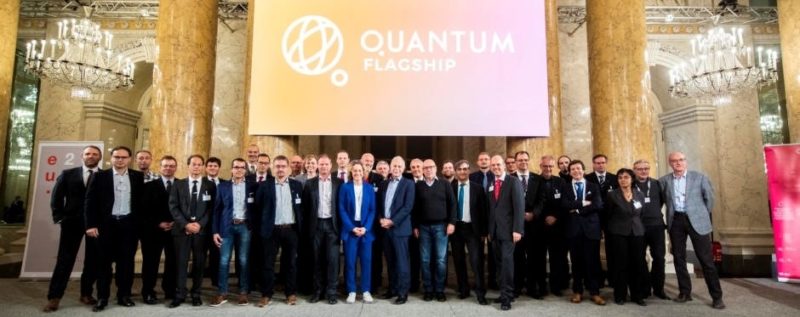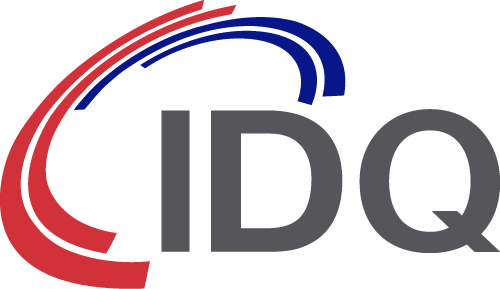EU Announces First Quantum Flagship Projects
First announced in April 2016, the Quantum Technology Flagship (QTF) is a part of the broader EU Future and Emerging Technologies program. We have been following the program’s development over the past two and a half years and covered the publication of the steering committee’s final report at the end of 2017.
On 29 October 2018, the €1 billion initiative was launched at a prestigious event in Vienna, Austria. Over the next ten years, the EU and the member states will fund what will become the region’s Quantum Value Chain. This week, the QTF announced an initial €132 million in funding for the first 20 projects. From 2021, the initiative will fund further 130 projects, involving over 5,000 quantum technology researchers.

The initial 20 projects will focus on four key areas of quantum technologies: communications, computing, simulation and metrology/sensing.
Among the chosen projects is QRANGE, an initiative headed by Prof. Hugo Zbinden, co-founder of ID Quantique and Group Leader at the Université de Genève. The QRANGE project is designed to push the boundaries of Quantum Random Number Generation (QRNG) technology further than ever before, leading to a wider range of commercial applications for QRNG.
ID Quantique (IDQ)is participating in this project, along with Bosch, Quside Technologies, Bruno Kessler Foundation and 5 universities.
In this project, the main task of IDQ is to develop a certification framework to guarantee the quality of the QRNG; the second task is to support the elaboration of application and use-case specifications as well as system architectures.
QRNG has already successfully migrated out of the laboratory and into the real-world, where it is being used for digital security, gaming and high-performance computing applications. Describing the projects’ objectives, Prof. Zbinden explains: “We will build three different prototypes which are cheaper, faster and more secure than existing devices. In addition, we will work on theoretical modelling for the devices, designing efficient randomness extractors and studying new, semi device-independent* concepts”.
QRNG has the potential to have a significant impact on society in the future. As the role of digital security becomes ever-more important, quantum technologies will play a vital role in the long-term security of data in a post-quantum computing world. The QRANGE project will focus on advances in engineering, certification and performance improvement, from both a theoretical and practical standpoint.
Other notable projects amongst the first 20 include:
- MetaboliQs – a multi-modal cardiac imaging initiative designed to improve diagnostics for cardiovascular disease.
- The Quantum Internet Alliance – aims to build a quantum Internet that enables secure quantum communications between any two points on Earth.
- MicroQC – the development of a scalable quantum computer that will significantly outperform classical computers.
- PhoG – the delivery of a compact, versatile, deterministic source of quantum light for use in metrological applications.
For further details, visit the official Flagship website or, for a list of the first 20 projects, visit the European Commission website.
*Semi-device independence means that one tries to get rid of some assumptions in the implementation to increase the trust in the device. For example, in the prototype developed by UNIGE, there are no assumptions made on the detector, but only on the source. In addition, these assumptions are quite easy to verify for the specific implementation.



